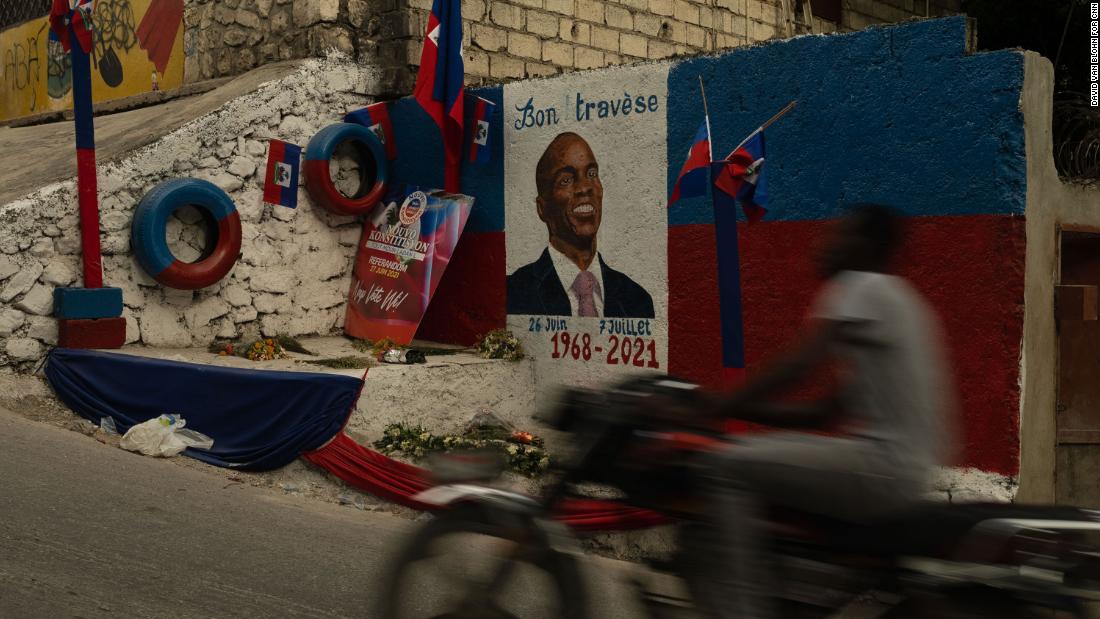Relief is Coming for Families of the Incarcerated, but Will Oklahomans Feel It?
A new federal law with bipartisan support takes aim at the high cost of prison phone calls. Further action is needed if Oklahoma families are to be included.

Chriss Hammon found the financial strains of her husband’s incarceration manageable until last year.
Health issues rendered the 42-year-old Tulsa woman unable to work. His transfer to a private facility in Lawton made visits more expensive and less frequent. In December, the Lawton Correctional Facility announced a 10.5% price increase for commissary items. Hammon buys her husband’s hygiene supplies and extra food because she worries the prison doesn’t provide enough nutrition.
She’s taken to rationing their phone calls, something she describes as their lifeline. They cost 14 cents a minute, which for 30 minutes of conversation amounts to the price of a half gallon of milk.
“We have to make a decision either be behind on bills or be able to communicate with our loved ones,” Hammon said, speaking of the dilemma facing many families of the incarcerated.
Many of those families may soon see some relief. On Jan. 5, President Joe Biden signed a law to limit charges by communication providers to correctional and detention facilities. The bipartisan Martha Wright-Reed Just and Reasonable Communications Act allows the Federal Communication Commission to address intrastate and interstate rates.
Yet the new law, named for a Washington, D.C. woman whose 2001 lawsuit challenged the high rates she paid to stay in touch with her incarcerated grandson, may not help Hammon and other Oklahoma families.
The current FCC cap is 21 cents per minute — 7 cents higher than Oklahoma’s current rate. One state legislator who specializes in criminal justice issues said he believes the state’s current rate is fair.
Aventiv Technologies, the parent corporation of a company the state Department of Corrections contracts for prison phone service, said in a press release that it supports the legislation to lower phone rates, calling it “long overdue.” Criminal justice advocates applauded the new law.
“Nationally, we know that 1 in 3 families with a loved one in a state prison has gone into debt because of the cost of staying in touch with their loved ones,” said Wanda Bertram, a spokesperson for the Prison Policy Initiative.
Advocates and policymakers said making calls accessible is key to improving public safety by reducing recidivism, keeping family ties intact, and minimizing prison violence. Those factors were cited in Illinois and California’s move to reduce call rates.
In Illinois, families pay 15 cents for a 15-minute phone call.
California lowered its phone rates for the incarcerated from 38 cents to 7 cents per minute in 2021, with most fees banned. Last year, the California legislature voted to make those calls free.
The new law empowers the FCC to lower the current 21-cent-per-minute cap. Oklahoma State Rep. Justin Humphrey, R-Lane, said the state’s current rate is reasonable.
“We’re providing a service for them. They’re getting a lot for their money. That’s a good price,” said Humphrey, who chaired the House Criminal Justice and Corrections committee and starts his fourth term next month having run unopposed the last two elections.
“If you’re sitting out here and want to talk to your son, daughter, or spouse in prison, then I think 14 cents (or) 20 cents a minute is pretty reasonable.”
Richard Hammon is serving a life sentence without parole stemming from his involvement in the 1990 killing of Muskogee resident Eugene Snape during a robbery. He spent 13 years on death row before the State Court of Criminal Appeals overturned the death sentence after he received a mental health evaluation.
In a successful request to vacate the death sentence, an attorney cited Hammon’s history of epileptic seizures as a probable cause for organic brain damage. The filing included evidence of his good behavior, adjustment in prison and family’s support.
Chriss Hammon said the cost of her husband’s phone calls home are still too high. They are the only thing he has to look forward to, she said.
“I try to keep the conversation as far as what’s going on out here,” Chriss Hammon said. “Stuff with me and the kids, so I can help him escape from the mental anguish that he gets in there.”
This article first appeared on Oklahoma Watch and is republished here under a Creative Commons license.![]()
Oklahoma Watch, at oklahomawatch.org, is a nonprofit, nonpartisan news organization that covers public-policy issues facing the state.

 Landwebs
Landwebs 























